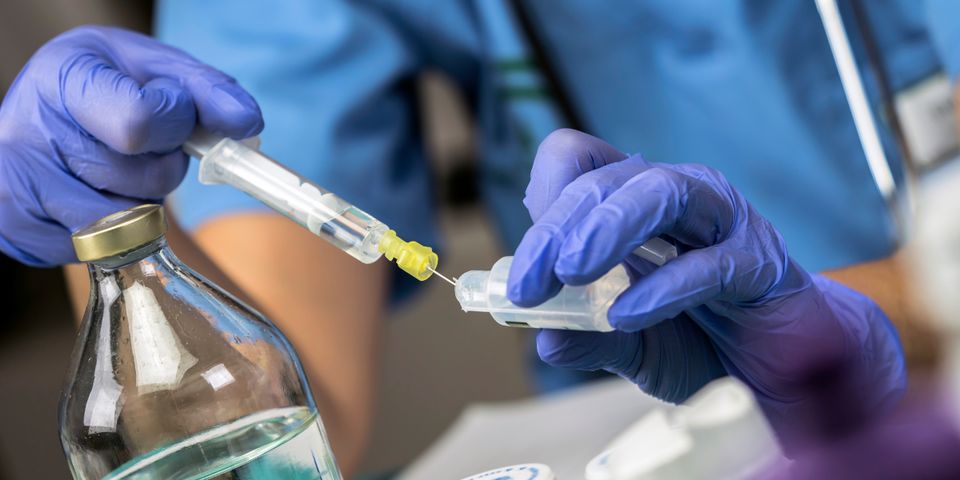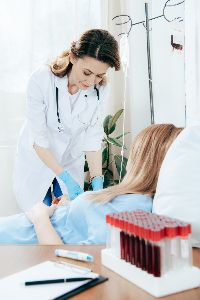Why Sterilization Is So Important in Medical Device Manufacturing

Any medical device used in surgery or designed to be implanted must undergo a strict process of sterilization that completely destroys all viruses or bacteria. Even a relatively minor contamination in the medical device manufacturing process can cause entire batches to be discarded. Here is an overview of the sterilization process and why it’s necessary.
The Importance of Sterilizing Medical Devices
Hospitals and doctor’s offices don’t have the resources or equipment to fully sterilize hypodermic needles, implants, or other medical devices. It only takes a few microorganisms to cause an infection and trigger expensive product recalls. If you’re the sole supplier of a certain device, this could lead to product shortages that can impact the health of thousands of patients.
FDA Regulations

To keep the supply chain free of infection, the FDA requires manufacturing companies to submit a sterilization plan along with their pre-market product designs. To receive approval, you must show that your sterilization plan will meet the sterilization requirements of the product class you’re producing. Implants, surgical implements, and other products that come into contact with sterile body fluids are subject to stricter standards than sample kits or drainage bags.
How Medical Devices Are Sterilized
Products made of metal, glass, or other temperature-resistant materials can be sterilized with steam. This is generally the preferred method, thanks to its safety, reliability, and ability to completely kill bacteria and viruses hiding in crevices and hard-to-reach areas.
However, more and more medical devices are made of plastic and other materials that can be damaged by high heat. For decades, medical device manufacturers have used ethylene oxide gas to sterilize these products. This odorless gas is highly reliable, although there have been concerns about its effect on the environment.
In the past few decades, more manufacturers have been adopting hydrogen peroxide gas plasma, which has been shown to safely eliminate microorganisms on a wide range of devices. This approach also gets rid of bacteria spores that have developed resistance to other sterilization methods.
With a 50,000-square-foot facility and an in-depth understanding of safety and sterilization requirements, Pacific Integrated Manufacturing in Bonita, CA, provides dependable medical device manufacturing to developers across the globe. In addition to comprehensive design and production capabilities, they offer advanced sterilization through their partnership network. Visit their website for more information on their processes and capabilities, or call (619) 921-3464 to discuss your project.
About the Business
Have a question? Ask the experts!
Send your question

